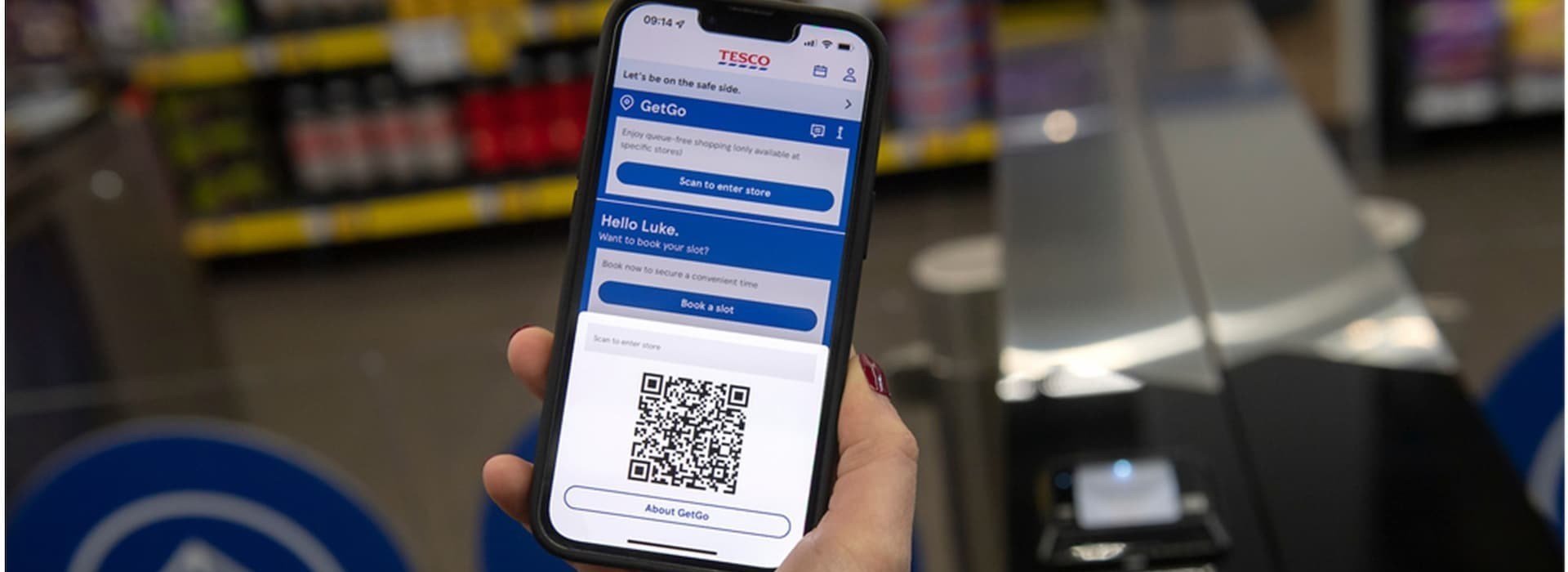Waitrose and John Lewis go electric as online business expands
Waitrose and John Lewis have announced plans to increase the use of electric vans as they look to end the use of fossil fuels across their entire transport fleet by 2030.
The John Lewis Partnership will use two new designs of vehicle for its Waitrose.com food deliveries and for smaller John Lewis deliveries, saving over 20,000 tonnes of CO2 every year.
The move follow the retailer’s recent announcement that it is building a biomethane gas filling station to enable its largest heavy goods vehicles to use a low-carbon alternative to diesel. This will reduce CO2 emissions by 80%, with each truck saving over 100 tonnes of CO2 every year.
The vans will be trialled early next year. According to John Lewis Partnership, in addition to producing fewer pollutants, they have greater capacity than their diesel counterparts. In some cases, this means replacing three diesel vans with two electric ones.
Electric vans are also quieter which is important for reducing noise pollution in built-up areas. The vehicle can also be upgraded as technology advances, meaning it could have a life of up to 20 years or more.
Justin Laney, Partner & General Manager of Central Transport at the John Lewis Partnership, says: “As our online services rapidly expand, we’re working hard to meet our goal of operating a zero fossil fuel in the next ten years.”
“Our new electric vans are an ideal solution for home deliveries; the innovative design means they’re more efficient, but also respectful to the environment and the growing number of neighbourhoods in which we deliver.”










